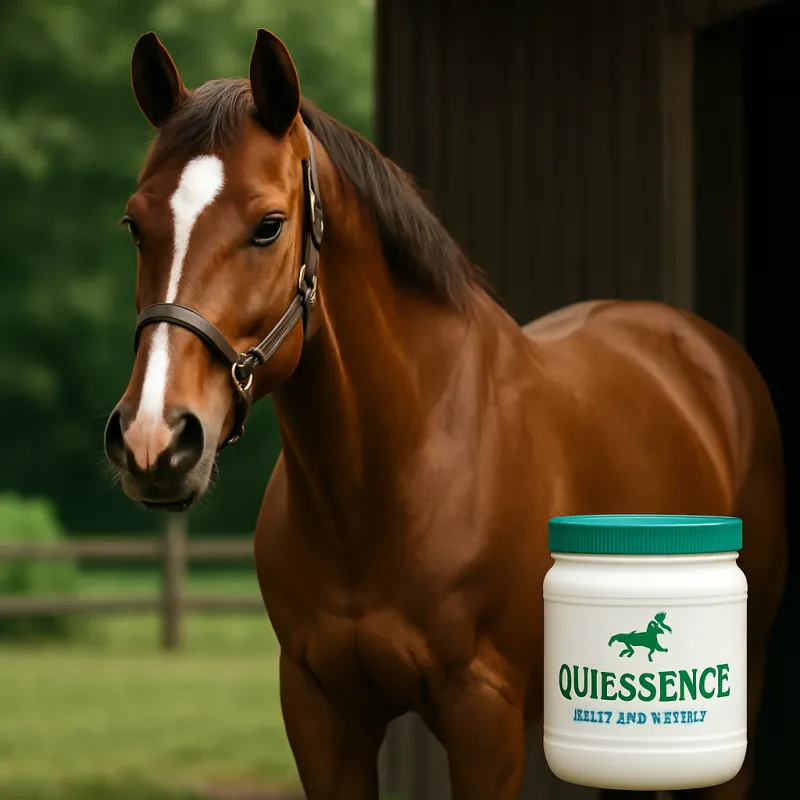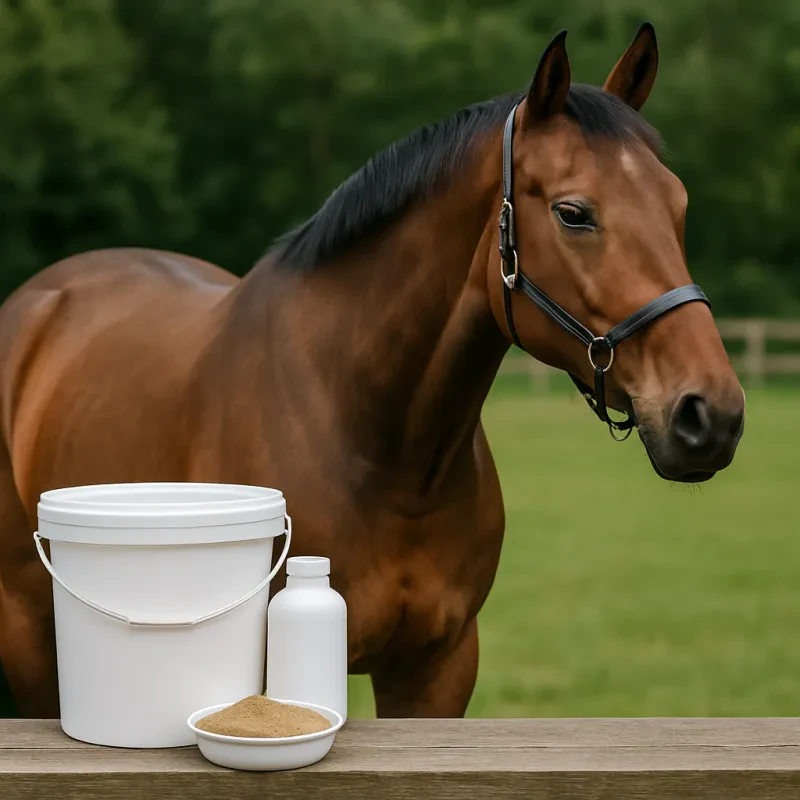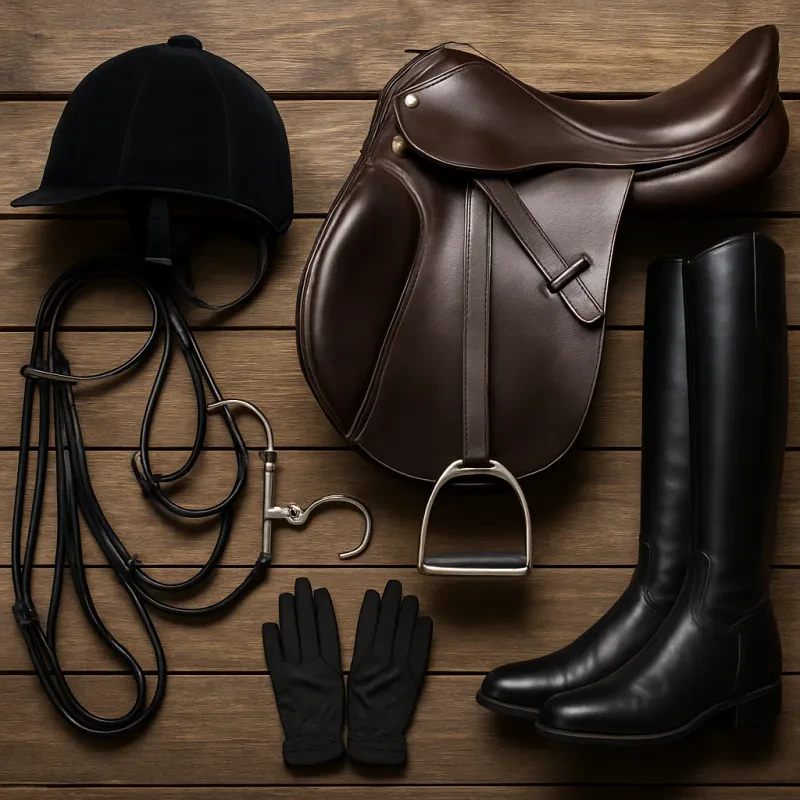One of the key factors in keeping your horse strong and healthy is providing them with a balanced diet. Just like humans, horses require a variety of nutrients to stay in optimal condition. By following some simple guidelines, you can help prevent common health issues and ensure your horse is getting the nutrition they need.
First and foremost, make sure your horse has access to clean, fresh water at all times. Proper hydration is essential for digestion, temperature regulation, and overall health. Additionally, horses should have access to high-quality forage, such as grass or hay, as the foundation of their diet. Forage provides essential fiber and helps maintain healthy gut function.
In addition to forage, horses also need a source of concentrated nutrients, such as grains or commercial feeds. These should be tailored to your horse's specific needs, taking into account factors such as age, activity level, and any health conditions. It's important to feed the appropriate amount of concentrate to avoid excess weight gain or deficiencies.
Finally, monitor your horse's body condition regularly and adjust their diet as needed. Keeping a close eye on their weight, muscle tone, and overall appearance can help you catch any potential issues early on. By providing a balanced diet and making adjustments as necessary, you can help your horse stay strong and healthy for years to come.
Key Nutrients for Optimal Equine Health
Proper nutrition is essential for maintaining the health and well-being of your horse. By providing your equine friend with the right balance of nutrients, you can help prevent common health issues and promote overall vitality.
One of the most important nutrients for horses is protein, which is crucial for maintaining muscle mass and supporting overall growth and development. Horses that are in heavy training or working regularly may require additional protein to support their energy needs.
In addition to protein, horses also require a balance of vitamins and minerals to support their overall health. Vitamin E, for example, is essential for supporting the immune system and protecting cells from damage. Minerals such as calcium, phosphorus, and magnesium are important for maintaining strong bones and supporting proper muscle function.
Ensuring that your horse has access to high-quality forage, such as hay or pasture grass, is essential for meeting their daily nutritional needs. Supplementing with a balanced commercial feed can help provide additional nutrients to fill any gaps in their diet and support optimal health.
Common Health Concerns in Horses
Horses, like humans, can experience a variety of health issues. From digestive problems to joint pain, there are several common concerns that horse owners should be aware of in order to keep their beloved animals healthy. One of the most prevalent health issues in horses is colic, which is a term used to describe abdominal pain. Colic can be caused by a variety of factors, including poor diet, lack of exercise, and stress.
Another common health concern in horses is laminitis, which is the inflammation of the sensitive laminae in a horse's hoof. This condition can be extremely painful and lead to lameness if left untreated. Horses are also prone to joint problems, such as arthritis, which can cause stiffness and decreased mobility. Providing horses with a balanced diet and proper nutrition can help prevent these issues from arising.
In addition to physical health concerns, horses can also experience mental and emotional issues. Behavioral problems, such as anxiety and aggression, can be signs of underlying health issues or improper care. It is important for horse owners to pay attention to their horse's behavior and seek professional help if any concerning changes occur. By being proactive about nutrition and healthcare, horse owners can help prevent common health issues and ensure their horses live long, happy lives.
Simple Nutrition Tips for Happy Horses
Keeping your horse healthy and happy starts with providing a balanced diet. Here are some simple nutrition tips to ensure your horse stays in tip-top shape:
1. Provide plenty of fresh, clean water at all times. Horses can drink up to 10-12 gallons of water a day, so it's important to always have a fresh water source available for them.
2. Feed high-quality hay or pasture grass. Hay should make up the majority of your horse's diet, with pasture grass being a great supplement. Make sure the hay is free of mold and dust, as these can cause respiratory issues in horses.
3. Supplement with a balanced feed. In addition to hay or pasture grass, your horse may need a concentrated feed to ensure they are getting all the necessary vitamins and minerals. Consult with a veterinarian or equine nutritionist to determine the best feed for your horse's individual needs.


